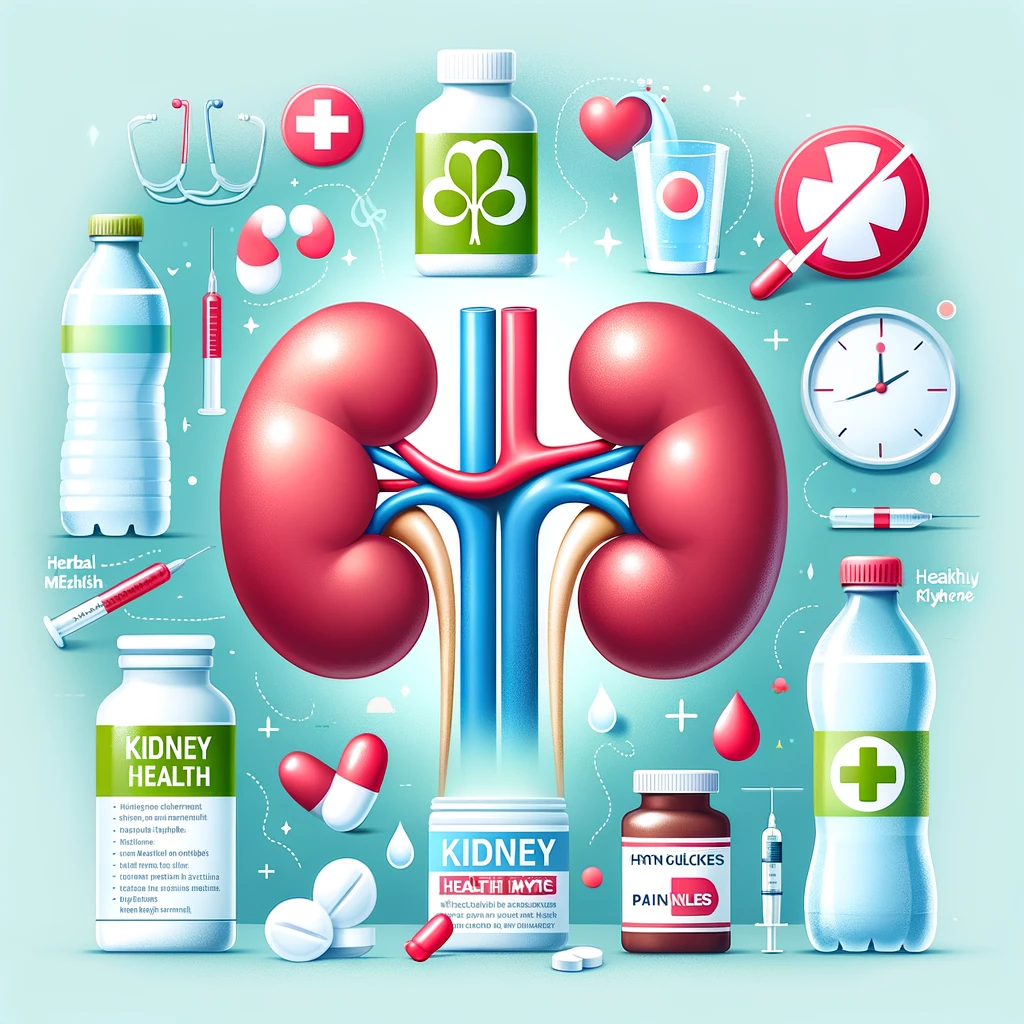The kidneys are the body’s natural filters, removing waste products from the blood while regulating blood pressure and other vital functions. These two bean-shaped organs receive about 25% of the heart’s blood flow. As essential as they are, kidney disease is alarmingly common, affecting 1 in 8 people in the U.S. (and about in Nigeria). Despite this, many myths surround kidney health. This article exposes these misconceptions and shares the facts you need to know.

Myth 1: Only Older People Get Kidney Disease
- Myth: Kidney disease only affects the elderly.
- Fact: Anyone, including young people, can develop kidney disease, especially those with high blood pressure, diabetes, or a family history of kidney problems.
Approximately 1 in 10,000 people are born with kidney abnormalities, which may lead to high blood pressure and kidney failure at a young age. Recurrent urinary tract infections (UTIs) can also contribute to early-onset chronic kidney disease (CKD).
Myth 2: Herbal Mixtures Can Cure Kidney Disease
- Myth: Traditional herbal remedies can flush out kidney problems.
- Fact: Many herbal mixtures contain harmful substances that can worsen kidney damage. Proper medical care is crucial.
Nigerians often turn to herbal concoctions (agbó) for treating almost any illness, with some consuming them regularly. While it is true that many modern medications originate from plants, they have been purified, tested, and measured into safe and effective doses. Herbal mixtures, on the other hand, contain unknown substances in unregulated doses, often mixed with toxic compounds that can damage the kidneys over time.
Myth 3: You Will Feel Symptoms Early If Your Kidneys Are Failing
- Myth: Kidney disease always has clear warning signs.
- Fact: Kidney disease often progresses silently. Regular check-ups help detect issues early.
Chronic kidney disease has five stages, but symptoms rarely appear before stage 3. It can take years for noticeable signs to develop. If you have risk factors like diabetes, hypertension, or congenital kidney disease, you should do regular blood and urine tests to detect problems early.
Myth 4: Painkillers Have No Effect on Kidney Health
- Myth: Common pain relievers and sugary drinks are harmless.
- Fact: Overuse of painkillers (NSAIDs) can harm the kidneys. Moderation is key.
You may have heard that paracetamol overdose damages the liver, but did you know that other painkillers like Diclofenac and Ibuprofen can harm your kidneys when used long-term? If you have kidney disease or risk factors, avoid excessive use of NSAIDs and seek safer alternatives when managing pain.
Myth 5: Those Who Start Dialysis Will Need It for Life
- Myth: Once you begin dialysis, you will need it forever.
- Fact: Dialysis is often temporary, except in end-stage renal disease.
Dialysis is an artificial method of filtering waste from the blood when the kidneys fail. However, not all dialysis is lifelong. Acute kidney injury (AKI) is a temporary condition that can occur due to illnesses like malaria or severe diarrhea. In these cases, dialysis is needed only until kidney function recovers. However, in end-stage renal disease (ESRD), dialysis is required permanently unless the patient receives a kidney transplant.
Conclusion
Kidney disease is a silent threat, often showing no symptoms until significant damage has occurred. Protect your kidneys by:
- Drinking adequate (not excessive) water
- Avoiding harmful herbal mixtures
- Using painkillers cautiously
- Doing regular check-ups, especially if you have risk factors
If you suspect kidney issues, seek medical attention early. Your kidneys work hard for you—take care of them in return!









